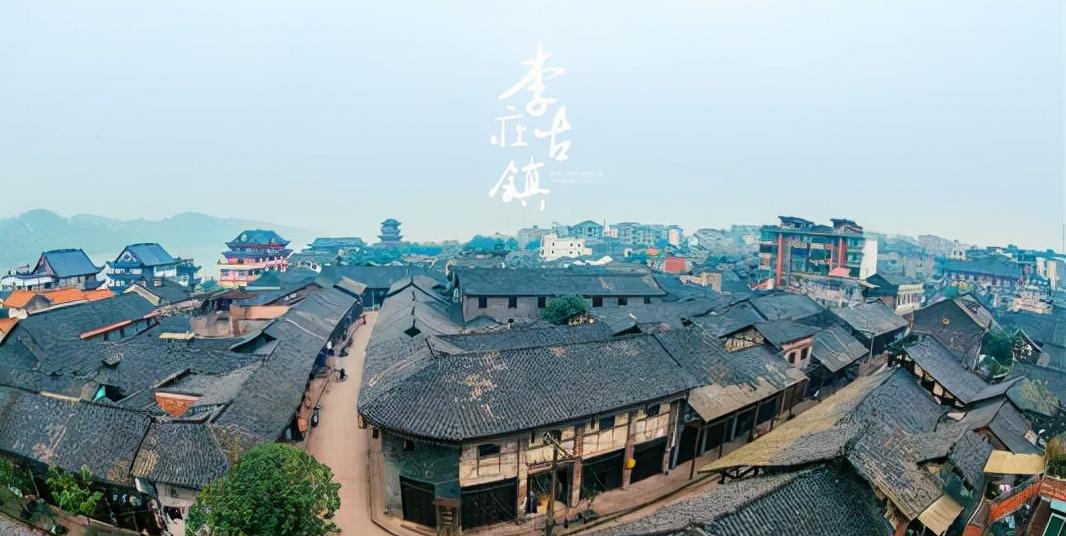Then share my travel story, Sichuan is the country of Heaven in everyone's eyes, today we go to this ancient town in Yibin, it enjoys the reputation of "the first town of the Yangtze River", the name of the ancient town is more interesting, in honor of an ordinary and kind woman.

Lizhuang Ancient Town, located in Yibin City, Sichuan Province, has been known as the "first town of the Yangtze River" since ancient times, and the town built along the River has quietly walked through more than 1400 years in the sound of the waves of the Yangtze River. During the Southern and Northern Dynasties, Lizhuang was already a distribution center for goods along the Yangtze River, southwest specialties such as tung oil and tea went down the river, silk, ceramics and other Goods from Jiangsu and Zhejiang went up the river, merchants from the north of Nanxiang traded here, and the regional culture of the southern cavity and the north blended here, forming a unique ancient town charm.
Today, in this small town in southern Sichuan, the sealed volcanic wall with unique Jiangnan characteristics is still protecting people from wind and fire. The cascading stone slab old street is still crowded with people, witnessing the history and today of the ancient town.
Come to Lizhuang, walk on the stone road in the ancient alley, look at the scattered Sichuan south houses on both sides, and the mottled and quaint guild hall temples, making people feel as if they have returned to the past time. Historically, Lizhuang was once an important commercial town on the Yangtze River, with ships and merchants gathering on the water docks. Nowadays, the busy scene has gradually disappeared with the footsteps of history, but the moving stories that happened on the pier have been passed down from generation to generation in the mouths of the people of the ancient town.
During the Southern Liang Dynasty, Lizhuang was once known as a "fishing village". The "fishing village" is more than 30 miles away from nanxi county downstream, and there is neither a village nor a shop in the middle, and the boats moored to urinate. The porters who pulled the boats shouted their trumpets at the edge of the rushing river and went up the river against the current. Only by pulling the boat to the "fishing village" in one breath can you rest. There is a Dragon Jun Temple near the pier of the "Fishing Village", the owner of the temple is surnamed Li, and the locals call it "Li Shigu". The hard-working porters often went to the Longjun Temple to burn incense and pray for peace. Looking at the ragged clothes on the trackers, the blood marks on the back, and the pious gaze in their eyes, thinking that the porters work so hard every day, the income can only be subsistence, Li Shigu's heart is very unhappy.
After the boatmen came to Lizhuang, she provided them with cooking, sewing, and washing clothes. Under her influence, the masses of Lizhuang also followed her, and Li Shigu spread among the shipwrights, so many local shipwrights came to Lizhuang. A line, a bowl of water, although the value is not high, but sometimes can solve the urgent needs of others.
Li Shigu's righteous deeds lasted for decades, and this small fishing village along the Yangtze River gradually became the warmest harbor in the hearts of the porters. On the day of li shigu's funeral after her death, the porters she helped came from all over the place, and the boats were parked at the docks of the "fishing village", in order to commemorate Li Shigu, everyone unanimously decided to change the name of the "fishing village" to "Li Zhuang". A woman's surname, transformed into the name of a village, has been remembered for generations, and the tradition of charity has thus taken root in this soil.